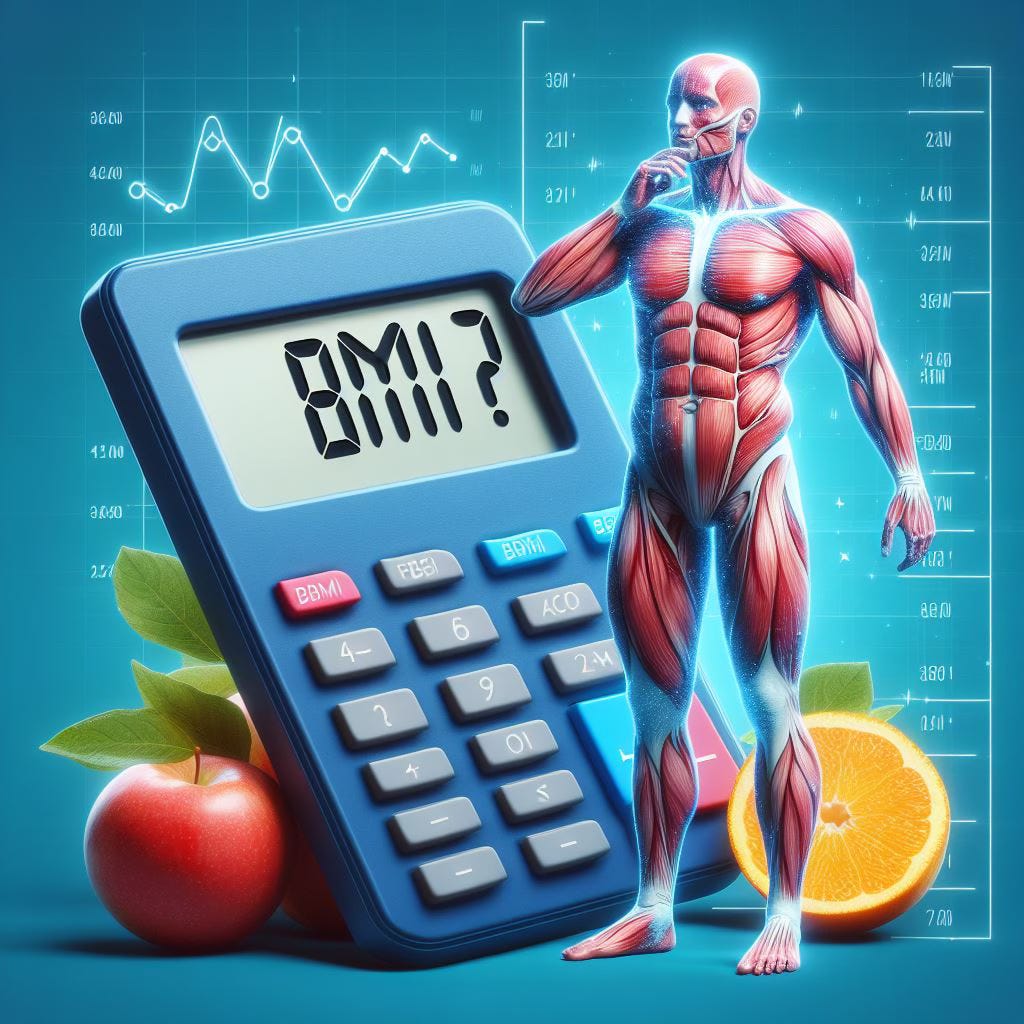Let's Talk Diabetes Prevention and Care
38 million Americans have diabetes (about 1 in 10).
Approximately 98 million American adults -- that's 1 in 3, have prediabetes. More than 80% don't know they have it.
The CDC reports that 18% of adolescents have prediabetes, and it’s on the rise.
Nearly 4 in 10 Americans are deemed obese. It is estimated that by 2035, the number will rise to 50% of the population.
Ultra-processed foods, sugary drinks, and a sedentary lifestyle have fed what the American Diabetes Association terms "an epidemic."
Lifestyle changes - diet and exercise - save lives.
Joining the podcast today is Lara Al-Dandachi, a Registered Dietitian Nutritionist (RDN), Certified Diabetes Educator, and Obesity specialist at UCLA Health's Gonda Diabetes Center.
We define and discuss diabetes, obesity, and even Ozempic.
Episode Notes
00:15 - Who is Lara Al Dandachi?
01:12 - Increase in Obesity and Diabetes
03:40 - Type 1 vs Type 2
05:30 - Body Mass Index (BMI)
07:10 - GLP-1 Antagonists - Ozempic, Wegovy
11:38 - Ozempic and Pregnancy
14:35 - IMPORTANT - Diabetes and Prediabetes
16:45 - What are Beta Cells?
22:35 - Food and Drink to Eliminate From Your Diet
24:15 - Ultra-Processed Foods
26:45 - Mediterranean Diet
28:05 - Putting Diabetes into Remission
What Is Prediabetes?
Prediabetes is a serious health condition. Blood sugar levels are higher than normal, but not high enough yet to be diagnosed as type 2 diabetes.
What is Diabetes?
About 38 million Americans have diabetes (about 1 in 10), and approximately 90-95% of them have type 2 diabetes.
Type 2 diabetes most often develops in people over age 45, but more and more children, teens, and young adults are also developing it.
Preventing Type 2 Diabetes
If you have prediabetes, losing a small amount of weight if you're overweight and getting regular physical activity can lower your risk for developing type 2 diabetes.
A small amount of weight loss means around 5% to 7% of your body weight, just 10 to 14 pounds for a 200-pound person.
Regular physical activity means getting at least 150 minutes a week of brisk walking or a similar activity. That's just 30 minutes a day, five days a week.
Tests for Diabetes and Prediabetes
Your doctor will have you take one or more of the following blood tests to confirm the diagnosis:
A1C Test
The A1C test measures your average blood sugar level over the past 3 months. An A1C below 5.7% is normal, between 5.7 and 6.4% indicates prediabetes, and greater than 6.5% indicates diabetes.
Fasting Blood Sugar Test
This test measures your blood sugar after an overnight fast. A fasting blood sugar level of 99 mg/dL or lower is normal; 100 to 125 mg/dL indicates prediabetes and greater than 126 mg/dL indicates diabetes.
GLP-1 Antagonists - Ozempic, Wegovy, Byetta, Rybelsus
This class of drugs is commonly called glucagon-like peptide 1 (GLP-1) agonists.
These drugs mimic the action of a hormone called glucagon-like peptide 1. When blood sugar levels start to rise after someone eats, these drugs stimulate the body to produce more insulin. The extra insulin helps lower blood sugar levels.
Lower blood sugar levels are helpful for controlling type 2 diabetes. But it's not clear how the GLP-1 drugs lead to weight loss. Doctors do know that GLP-1s appear to help curb hunger. These drugs also slow the movement of food from the stomach into the small intestine.As a result, you may feel full faster and longer, so you eat less.
Along with helping to control blood sugar and boost weight loss, GLP-1s and SGLT-2 inhibitors seem to have other major benefits. Research has found that some drugs in these groups may lower the risk of heart disease, such as heart failure, stroke and kidney disease. Source: The Mayo Clinic
Guest Biography - Lara Al-Dandachi
Lara Al-Dandachi is the Nutrition Director of the PRO (Program to Reduce Obesity) within the Division of Endocrinology at David Geffen School of Medicine and UCLA Health.
Lara is a Registered Dietitian Nutritionist (RDN), Certified Diabetes Educator, and Obesity specialist who cares for patients in UCLA Health's Gonda Diabetes Center.
She is one of very few Registered Dietitians in the nation who are triple board certified in diabetes care specialty CDCES, advanced diabetes management BC-ADM, and obesity and weight management subspecialty (CSOWM).
Medical Board Certifications
American Association of Diabetes Educators, 2016
National Certification Board for Diabetes Educators, 2015
Blackburn, Obesity Medicine, Harvard Medical School
Degrees
MPH, Loma Linda School of Allied Health, 2003
BS in Nutrition & Dietetic, American University of Beirut
About The Podcast Host
Tom Levine, leveraging a 25-year tenure in capital markets, leads Zero Hour Group and Native Angelino Real Estate, offering a suite of consulting, strategic analysis, and real estate services.
An alumnus of USC Marshall School of Business and the Claremont Colleges - Pitzer College campus with a term at the London School of Economics. Additionally, he holds a CADRE broker's license (#02052698) and the designation certified Short Sale Specialist under the National Association of Realtors.
Have a challenging transaction? Let's discuss.
I consult on a range of transaction types and deal structures.

















Share this post